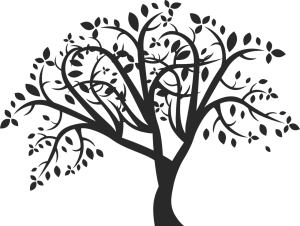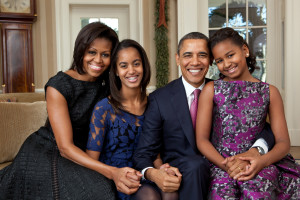Revisit Your Childhood
Let’s get right into it. Here is chapter 3 of Five Life-Changing Ideas.
Our ideas are shaped by experience. Consequently, your childhood has a big impact on how you view the world.
Let’s start with your describing your family.
Here are some questions to get you going:
Where did you grow up?
What was the weather like?
Describe a typical day.
Did you have a happy childhood? Describe some of the happy times.
NOTE
Let me pause here to remind you that even people with rotten childhoods have some good memories. I’m not asking you to remember sad childhood memories because they don’t always quickly lead to positive ideas. We’ll come back to them later. For now, focus on the positive.
Now back to the book…
Extend your experience:
Overall, would you like your children (if and when you have them) to grow up in a similar situation?
How would you like it to be different?
How old were you when you were first told you are smart? What were the circumstances?
How old were you when you were first told you are pretty/handsome? What were the circumstances?
What do you continue to tell yourself that others told you when you were young?
What’s the most important thing you learned from your family?
What traditions did you have as a child (Thanksgiving, New Years, religious holidays, etc.)?
What is your earliest childhood memory?
What’s your happiest childhood memory? If you didn’t have a happy childhood, which is your least unhappy memory?
What do you wish your parents had known about you that they didn’t?
Draw a picture of the house you grew up in. What do you remember most about it?
Draw a diagram of the family you grew up in.

Use circles for women and squares for men. Start you off with you.
You can add Mom and Dad, brothers and sisters.
Add aunts, uncles, grandparents, siblings and anyone else you wish.
Turn a big sheet of paper sideways so you can list all of your ancestors (at least the ones who have impacted you by their presence or lack of it).
Include your biological parents, your stepparents, people who influenced your life and anyone else who will help tell your story.
Include people who weren’t around too. Write their names down and see what pattern appears.
Your diagram doesn’t have to look like everyone else’s.
Your “family” doesn’t have to be relatives. Your picture might be composed of teachers and friends. Any way you draw it is the right way.
Which one relative are you most like?
Which relatives are you most unlike?
Overall, what characteristics do your relatives have in common?
How are you like them?
How are you different from them?
Summary
Looking back at your childhood can be both fun and disconcerting. There are both good and bad memories.
Childhood is something we cherish and something we somehow survive. Write a brief overall summary of your childhood.
Now combine what you’ve learned so far about yourself.
What parts of your current thinking is based on your childhood experiences?
Be specific.
Table of Contents
- Chapter 1: From Events To Constructs
- Chapter 2: Current Thoughts
- Chapter 3: Revisit Your Childhood
- Chapter 4: Mine Your Rolodex
- Chapter 5: People You Don’t Know
- Chapter 6: “I want…”
- Chapter 7: Happiness
- Chapter 8: “I should..”
- Chapter 9: Amplification
- Chapter 10: Adjectives
- Chapter 11: Behaviors
- Chapter 12: END Cards
- Chapter 13: Reduction
- Chapter 14: Prioritize
- Chapter 15: The Value of Ideas
